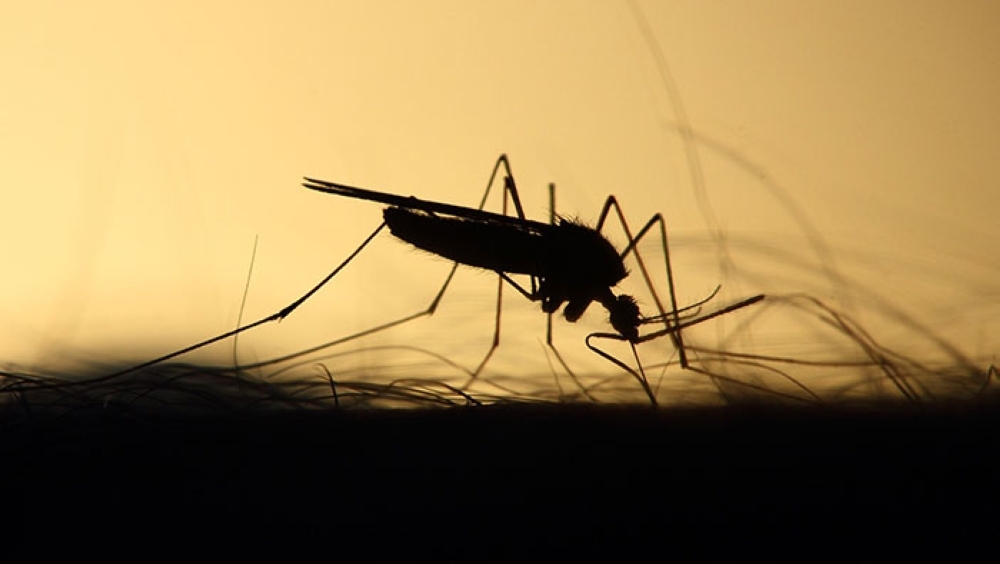
Muscat: There have been a total of 40 cases of locally transmitted dengue fever from December 12 to January 6 according to the Ministry of Health.
Overall in 2018, the ministry recorded 67 dengue fever cases, however, 30 of the cases involved Omanis who have travelled to disease-infected areas.
Dr Saif Al Abri, Director General of Disease Control told Times of Oman “The 40 confirmed cases between December 12, 2018, to January 6, 2019, were non-travel related cases which means these new cases were locally transmitted.”
To deal with the outbreak and prevent the spread of the disease, the Ministry of Health (MOH), as well as Muscat Municipality, will lead a drive in Muscat Governorate to eradicate Aedes aegypti mosquito breeding sites in partnership with the civil community.
The campaign will be carried out between January 8 and 21, to undertake prompt urgent intervention to control and combat the Aedes aegypti mosquito and the dengue fever virus.
The initiative was launched under the patronage of Dr Ahmed Mohammed Al Saidi, Minister of Health, at Majlis Al Sayyidah Fatima bint Ali Mosque in North Al Hail.
“Globally, there is no specific medication to treat dengue fever, however, there are medications to reduce the fever and pain. Therefore, the best solution for this is to prevent the disease. I am confident that this mosquito will be eradicated,” said Al Saidi.
The dengue virus is transmitted to humans through the bite of an infected female mosquito. After the incubation period that ranges from four to 10 days, the mosquito will be able to transmit the virus through its entire lifetime.
“The majority of these 40 cases are among Omanis,” added Al Abri. “Initially, the cases were mainly from Northern and Southern Al Hail; however, starting from the beginning of last week, the geographical scope has expanded, we now have medical cases from Al Mawalih. Our main concern is that this would continue to expand to other areas due to the presence of the mosquito.” As soon as the first case was recorded in wilayat Seeb, the authorities began inspecting the area for the insect by dividing the wilayah into blocks. “During our two-week inspection, we discovered mosquito breeding sites in areas such as farm ponds, open water tankers, and vases,” said Al Abri.
The mosquitoes live and reproduce in areas where people reside inside homes, making them harder to find. The two-week inspection also revealed that “Rusail, the area after Wadi Al Lawami, Mabaila, Jifnain, Amerat, Ansab, Quaryyat and Bausher were all negative, meaning that the Aedes aegypti mosquito was mainly located in the coastal areas of Muscat”.
With regard to how people could cooperate with field teams, Al Abri said, “We ask people to listen to the teams, to help facilitate their work when entering houses to search for areas or ponds where the Aedes aegypti mosquito could reproduce or breed, to listen to the advice of the specialists. People could also get rid of any household waste or solid material present in their gardens. We have 14 teams that are designated to get rid of any waste daily, as well.”
To avoid mosquito bites, the ministry advised people to wear long-sleeved, body-covering clothes, apply mosquito-repelling ointments on exposed parts of the body, cover windows with a mesh, and to spray households with insecticides.